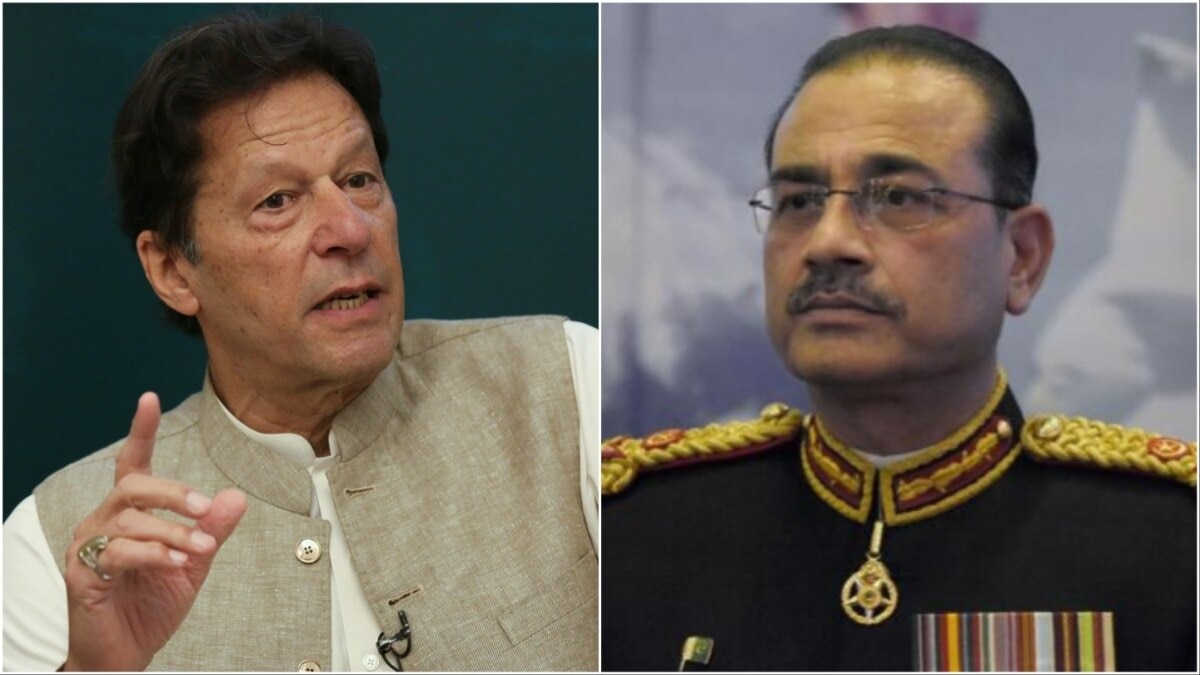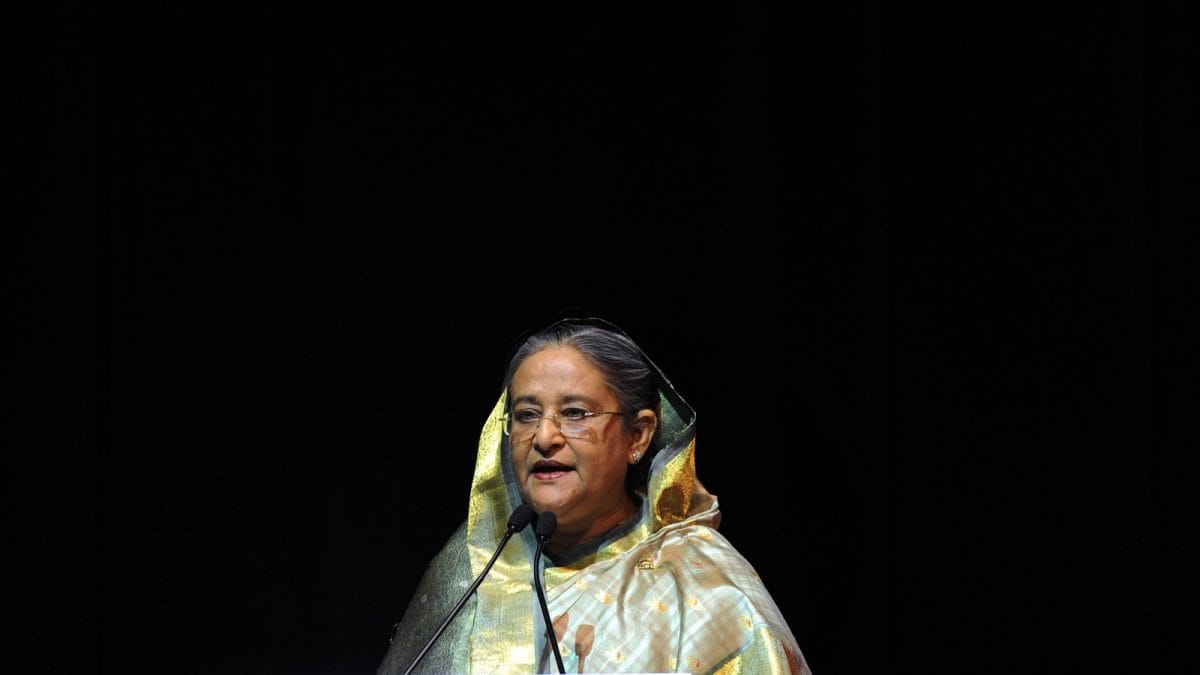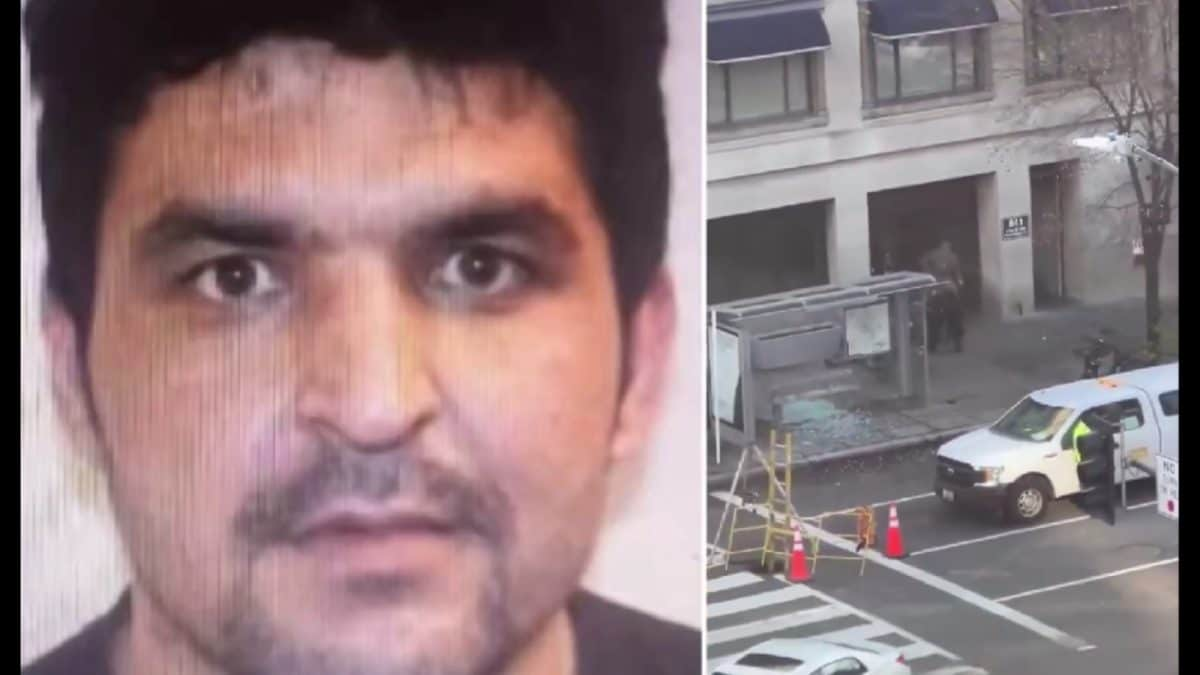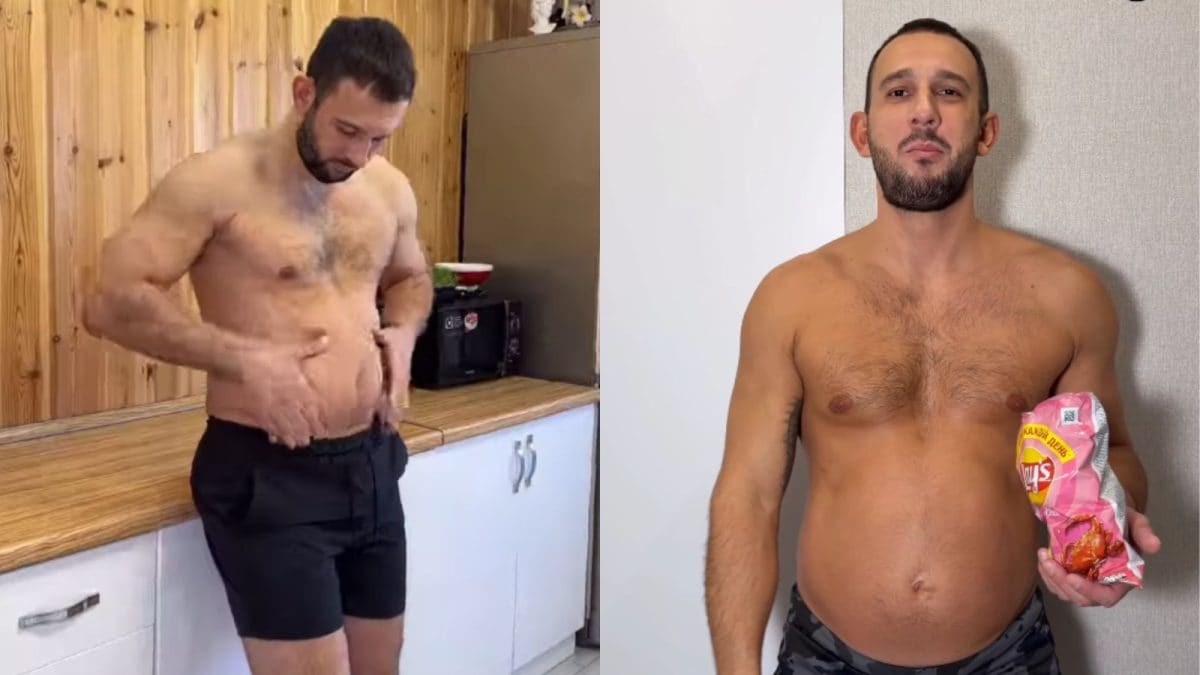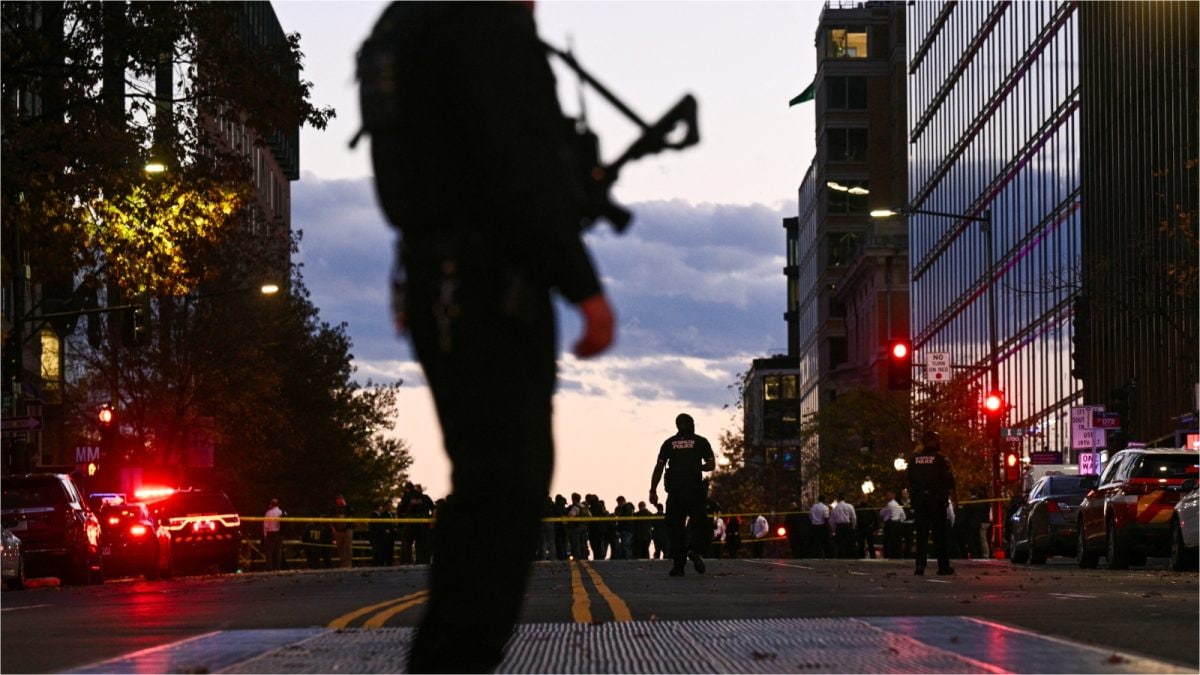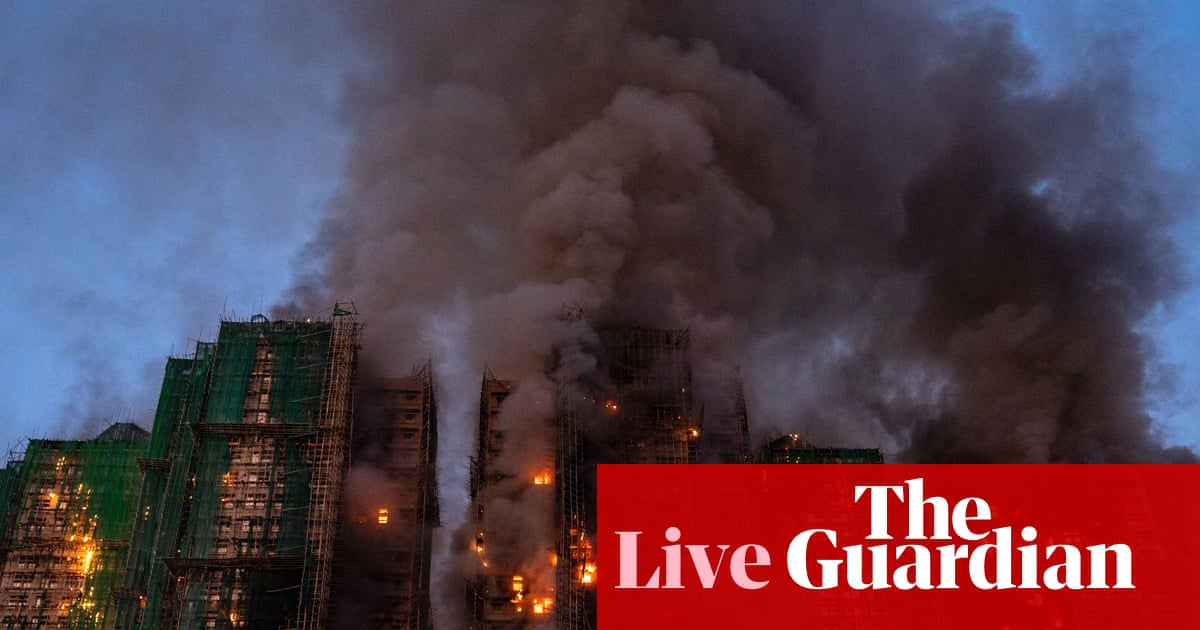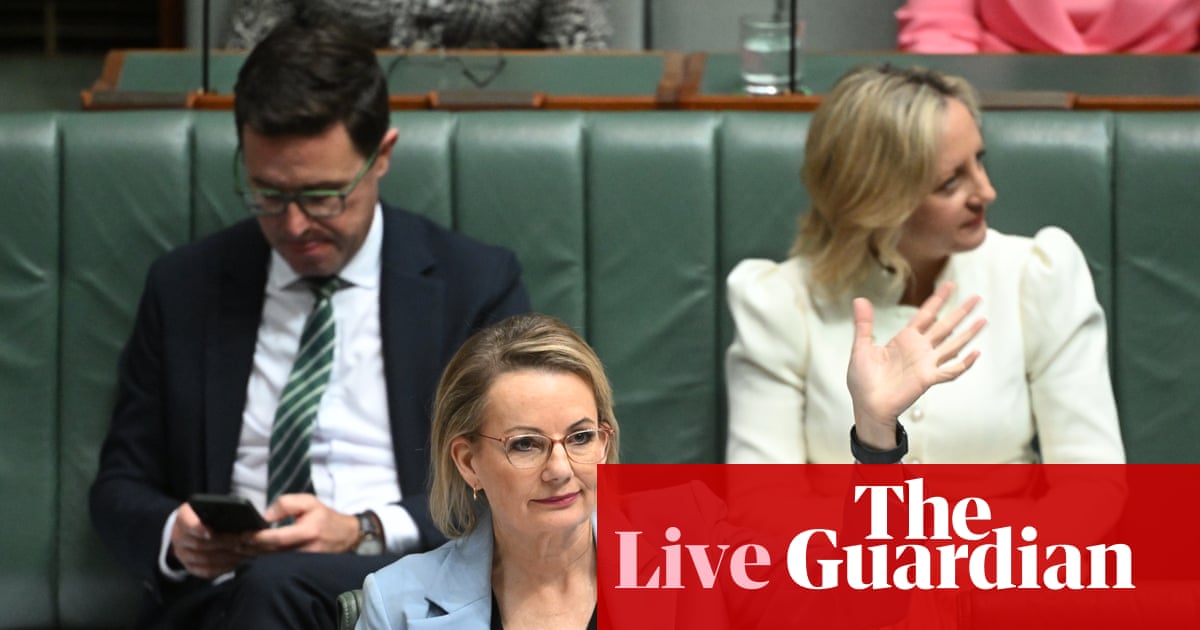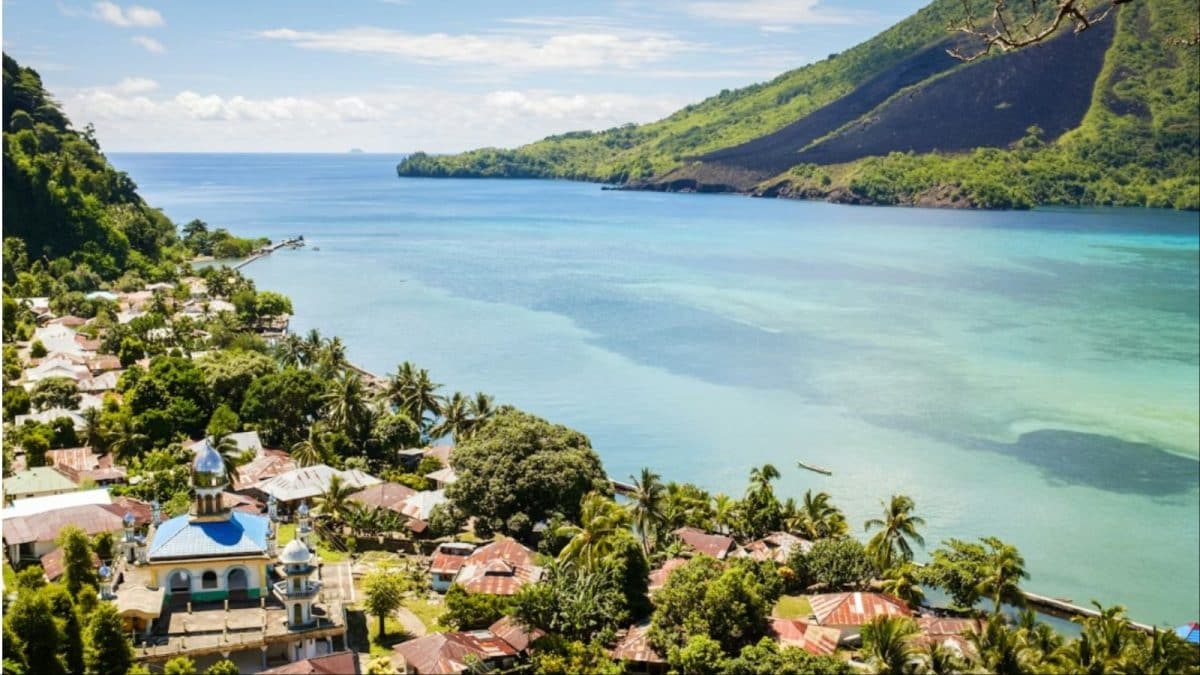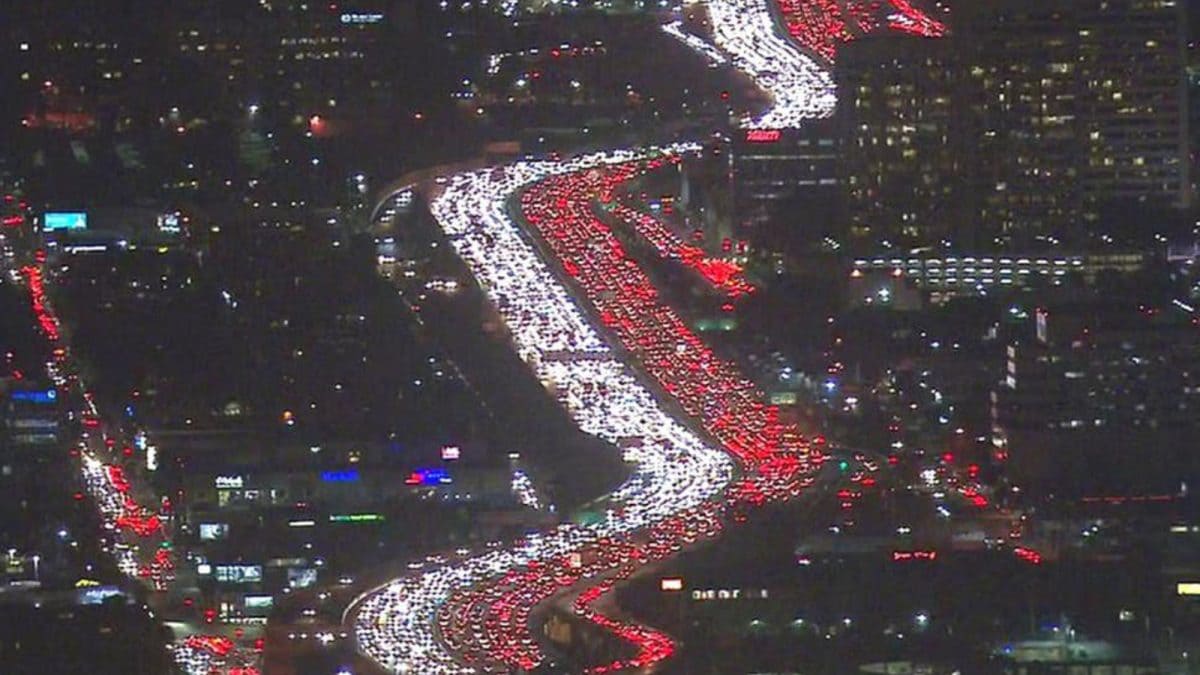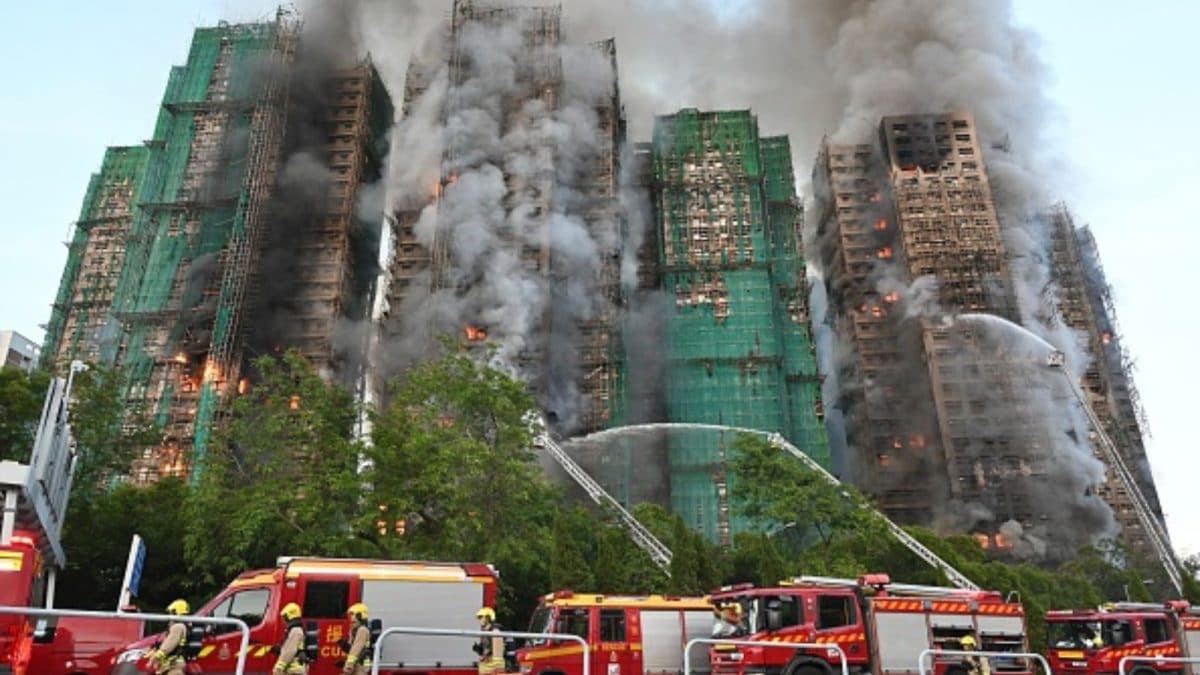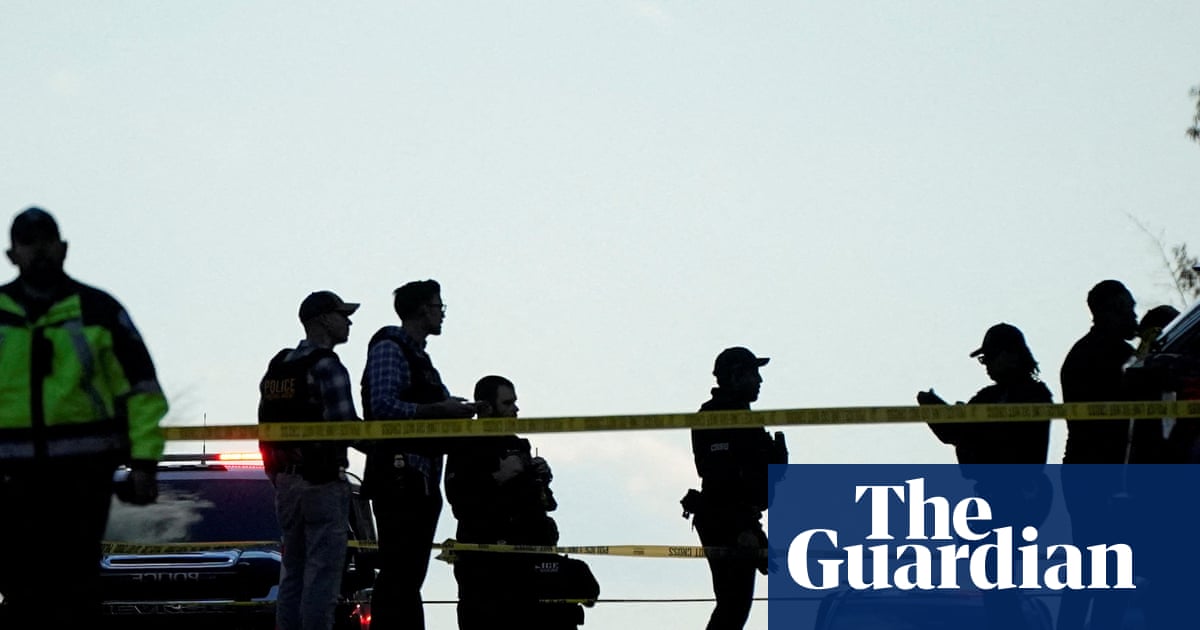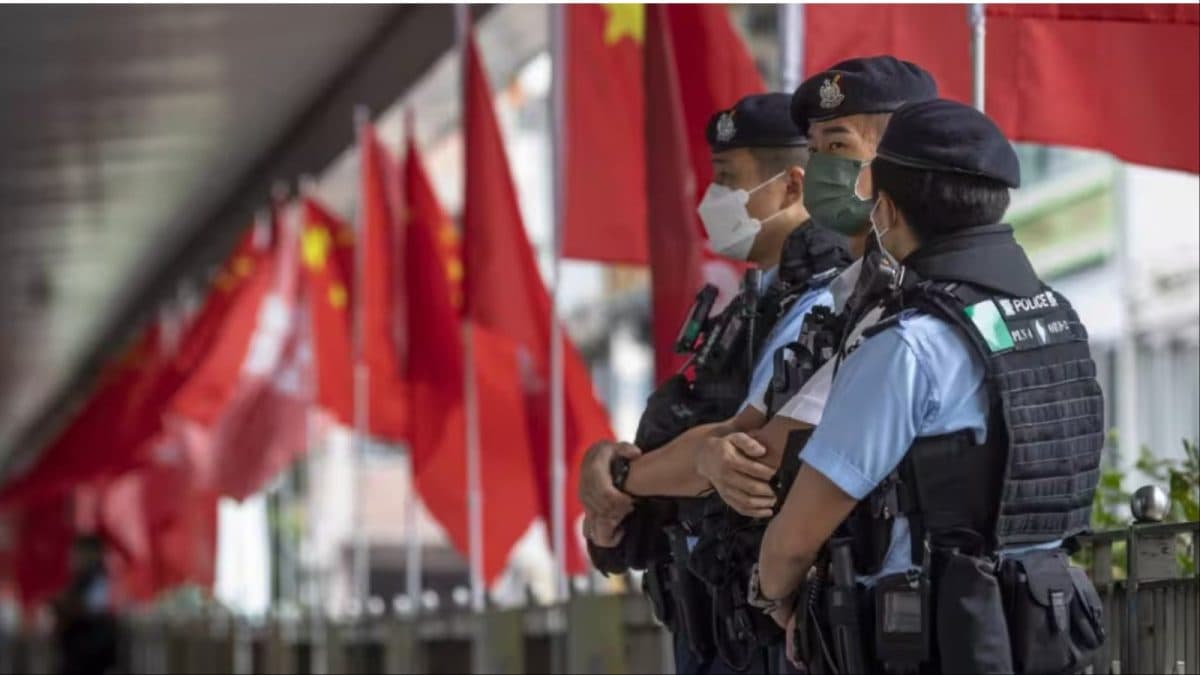'Fight is not over, ... but today we celebrate,' former Moldovan prime minister says
Former Moldovan prime minister Natalia Gavrilița is speaking at the Warsaw Security Forum this morning.
Responding to last night’s election result, she says:
“We all need good news, and I’m very, very happy that my people delivered the good news and demonstrated resilience in the face of very aggressive hybrid attacks.
We [faced] massive disinformation campaigns, … corruption of voters, … very organised interference in the diaspora, … cyber-attacks so the entire host MD domain yesterday was closed because of that, and [yet] we have a clear result.”
She adds:
“Of course, the fight is not over. Of course, we are very determined to carry out the reforms with all the challenges and capacity constraints and so on. But today we celebrate.”
She warns that Moldova “has long been a testing ground for hybrid war attacks” tested and later applied elsewhere.
Key events 8m ago European leaders rush to congratulate Moldova ahead of European summit in Copenhagen this week 21m ago 'No doubt' Putin doesn't want to end war, and Europeans must ensure Ukraine remains strong, Germany's Pistorius says 27m ago 'We will not be lured into Putin's trap of continous escalation,' Germany's defence minister says 29m ago 'Russia wants Nato to react ... without the US,' Zelenskyy says in call for unity 38m ago 'Russia will not be drawing new borders in Ukraine,' Zelenskyy says 46m ago 'Ukraine must join the EU and it will,' Zelenskyy says 49m ago 'Russia is testing how far it can go,' Zelenskyy says responding to recent Russian airspace violations 53m ago Russia 'failed to destabilise Moldova' and its 'subversive influence' will not spread further, Zelenskyy says 55m ago Poland's Tusk soberly warns Europe faces 'a new type' of war 1h ago 'Fight is not over, ... but today we celebrate,' former Moldovan prime minister says 2h ago Moldovans chose 'democracy, reform and European future,' EU's Costa says 2h ago 'Tusk hails Moldova's Sandu for 'saving democracy and keeping European course' 2h ago 'The will of Moldovan people has prevailed,' Macron says as he welcomes election result 2h ago Morning opening: Moldova chooses Europe Show key events only Please turn on JavaScript to use this feature
Curiously, Germany’s Pistorius says that the government in Berlin pushes for voluntary conscription and training of more people trained “just in case,” but concedes that “we have problems” with infrastructure.
He says more than 150 barracks were closed since 1990s, “so we don’t have the space for full-scale conscription.”
Dutch defence minister Ruben Brekelmans jokes that with the country’s parliamentary election set to take place next month, he doesn’t feel it’s a good moment to talk about hypothethical conscription in response to future conflicts.
But he says that there is “a broad majority in favour of having this growth path” for defence spending as agreed at Nato’s summit in the Hague earlier this year, which he insists is a major milestone for the alliance, even if “one of the key questions now in our election campaign is how to fund this.”
He says he is confident that a future coalition government will “find a path in order to fund that.”
European leaders rush to congratulate Moldova ahead of European summit in Copenhagen this week
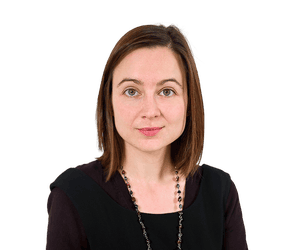
Jennifer Rankin
in Brussels
Congratulations from European leaders are flooding in to Moldova, after the ruling pro-EU party won a convincing majority in parliamentary elections.
EU leaders will likely have a chance to address them personally to Moldova’s president Maia Sandu, who is expected to attend a European summit on Thursday.
Leaders from across the continents, barring Russia and Belarus, are invited to attend the European Political Community summit in Copenhagen on Thursday, which falls the day after an EU summit.
The EPC, the brainchild of French president Emmanuel Macron, functions as political speed dating for the leaders who attend, with multiple bilaterals and mini meetings taking place on the margins of the summit. It is likely many will want to meet Moldova’s leader to express their political support for the country’s European integration goals.
German defence minister Boris Pistorius concedes that as many countries in eastern and northern Europe “woke up” to the threat coming from Russia after its invaded Crimea in 2014, large parts of Europe “pushed the snooze button … and turned around to take another nap.”
“We are … late to explain to our population, our people, wiat is going on the eastern flank and in Russia,” he says.
Pressed on this, he acknowledges the rise of the far-right Alternative für Deutschland, but he insists there is still a clear majority in Germany for supporting Ukraine and increasing defence spending.
Dutch defence minister Ruben Brekelmans also stresses the unprecedented threat faced by Nato, as he says the recent Russian drone incursion in to Poland was in that sense “historic”.
He says there are lots of lessons to be learned about what are the most effective systems to counter drones so European countries don’t use their most expensive weapons to take out “cheap drones” and to react quicker.
EU’s defence commissioner Andrius Kubilius also warns that while it’s for Nato to decide whether it should shoot down any aircraft that violates its airspace, it is important to face the reality that “Russian provications or testing of European defence capabilities are increasing.”
He stresses the need to ramp up European infrastructure against drones, and he says there is a lot the bloc could learn from Ukraine; similar lines to what he said on Friday after the meeting on the so-called drone wall.
Estonian defence minister Hanno Pevkur is now speaking, as part of a broader panel of EU defence ministers.
He stresses how “unprecedented” the Russian incursion into Estonian airspace was, even as he stresses it wasn’t a surprise.
“They knew perfectly where they are. They knew perfectly that they are in Nato’s airspace, and they didn’t do anything to leave voluntarily,” he says.
He outright says that Russia “lied” when it denied its involvement at the UN security council meeting.
'No doubt' Putin doesn't want to end war, and Europeans must ensure Ukraine remains strong, Germany's Pistorius says
Pistorius also warns that continued talks about peace deals remains mostly “wishful thinking,” as “diplomatic efforts fail to bring about any meaningful breakthrough” in the war.
He says that “all of this leaves no doubt … [that] Vladimir Putin does not want a ceasefire and does not want peace for Ukraine.”
“So today, we must focus on empowering Ukraine and bolstering its defence,” he says.
“Our goal is to see Ukraine enter into meaningful negotiations to achieve lasting peace, and for that, Ukraine must be strong. This is our responsibility as Europeans.
This is a task of our time.”
He also says:
“We must and we will do more for defence in Europe. Nato must become more European in order to remain transatlantic. This is what it takes for our continent to be whole, free and at peace.”
'We will not be lured into Putin's trap of continous escalation,' Germany's defence minister says
German foreign minister Boris Pistorius is speaking next at the Warsaw Security Forum, where he warns that Russia’s Vlaidmir Putin “seeks to provoke Nato member states.”
“He won’t succeed. The alliance has responded to Russia’s provocations with clarity, unity, resolve and prudence. We will not be lured into Putin’s trap of continuous escalation,” he says.
'Russia wants Nato to react ... without the US,' Zelenskyy says in call for unity
Zelenskyy also gets asked by BBC’s Kasia Madera about his suggestions that Russia could attack another European country.
He says:
“Well, it’s difficult to say. You saw that with Estonia, Poland, Denmark, Norway, and Sweden, there were certain signals.”
He says there’s a bigger trend on display, with repeated violations of airspace and borders.
“This must get a reaction,” he says, as he warns about a “theoretical Russian aggression.”
He says that Russia wants Nato “to react but only partially, without the US, so a united voice is desirable here.”
He also stresses the need to “protect former USSR countries as well as the countries where Russia is losing its clout,” as he pointedly names Kazakhstan.
“I cannot say what’s there on Putin’s mind, which is why I’m saying that we must be prepared to defend ourselves and to look where Putin could go.”
That ends his speech.
Asked about US president Trump’s position on Ukraine, Zelenskyy says “the stance of president Trump is truly balanced, and it supports Ukraine’s stance” as he pursues peace.
Commenting on Trump’s newly found seemingly hardline position towards Russia, he says:
“Our task today is to preserve the new attitude of the US towards this war and so that it corresponds to the attitude in Europe.”
'Russia will not be drawing new borders in Ukraine,' Zelenskyy says
Asked if he would be prepared to make territorial concessions to end the war, Zelenskyy repeats that Ukraine’s borders are defined by its constitution.
He signals some openness to “diplomatic” talks, but stresses “Russia will not be drawing new borders in Ukraine.”
In Q&A, Zelenskyy says the main weapon needed by Ukraine is “unity,” as he warns about attempts to divide Europe.
He adds that Ukraine needs more air defence systems and missiles to defend its skies, as he highlights the importance of Nato’s Purl initiative for Ukraine.
'Ukraine must join the EU and it will,' Zelenskyy says
Zelenskyy also speaks about the importance of Ukraine joining the EU in the foreseeable future, as he says “Ukraine must join the EU and it will.”
“We are doing everything required, and it is important that Ukraine’s accession is not delayed by the national politics of this or that countries,” he says in a heavy swipe at Hungary.
“This is not about what we have already gone through in history. It is about what we all must avoid, and what we must avoid is any dependence on Russia,” he says.

 1 month ago
1 month ago
